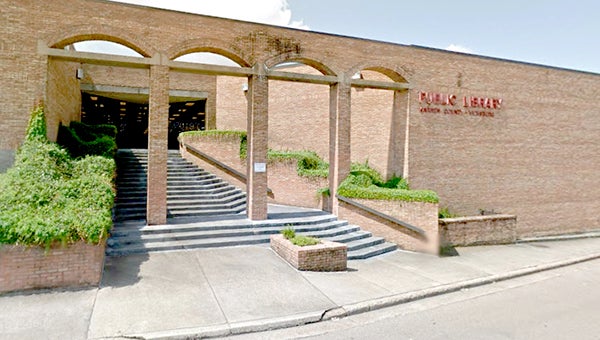GUIZERIX: Is comparing Jackson Water Crisis to Yazoo Backwater Floods a red herring fallacy?
Published 4:00 am Wednesday, September 14, 2022
In case you’ve been living under a rock the last couple of weeks, you know by now that the city of Jackson has been in crisis mode when it comes to adequate drinking water — or even running water at all.
And while the country has been concerned over our state capital, also known as Southern-Fried Flint, Mich., I found myself getting bitter.
Why is it that the state and federal governments mobilized so quickly to respond to issues in Jackson? Why is that muddy water so much more important than the muddy waters that have flooded homes in the South Delta for 80 years? If we’re all created equally, what makes Jackson all the more important than Rolling Fork or Anguilla or Valley Park?
I did a little soul-searching, and researching, and learned facts about the crises that don’t necessarily excuse the disparity in response between Jackson and the South Delta, but helped me soften my viewpoint. The obvious is, one crisis involves drinking water and the other involves floodwaters that regularly inundate homes, businesses, churches and farmland.
But another fact is, both situations have been ongoing for decades.
Jackson’s poor water quality is nothing new. Boil-water notices are so common, many residents spend significant amounts of their income on bottled water rather than risk ingesting harmful substances.
We all know the story with the pumps: Feds promise relief from floods, people in the South Delta believe them, and now those people’s grandchildren and great-grandchildren are fighting the same battle 80 years later.
Both the Jackson Water Crisis and the Yazoo Backwater Floods are invariably man-made issues; one the result of failure to allocate funds for infrastructure, the other the result of unfulfilled promises.
In both ongoing scenarios, it’s taken conditions reaching near-inhumane levels to draw attention to the issues. In both scenarios, there’s been a small response that’s like a Band-Aid on the bigger problem. In both scenarios, someone is left in deplorable conditions or at the very least, waiting for the next swing of the gavel to knock them off their feet again.
I’ve seen so many people over the last few weeks complaining that the federal government sprang forth quickly to respond to the crisis in Jackson. The anger is justified, but when you get down to brass tacks, it might be what’s known as a red herring fallacy — an attempt to distract or mislead from the relevant concern at hand.
So yes, after thinking about it, I found that I wasn’t bitter after all. More than that, I was angry on behalf of those who have to deal with the periodic floods and the water crisis when both situations could’ve been mitigated long ago.
Instead of bickering about whose struggle is worse, perhaps it would be a better use of time and resources to demand answers — and action — from the folks holding the purse strings and depending on our votes. Perhaps, in a spectacular show of inadequacy, both the people of the South Delta and the people of Jackson have simply been failed by their leaders.
And perhaps it’s time for a change.






